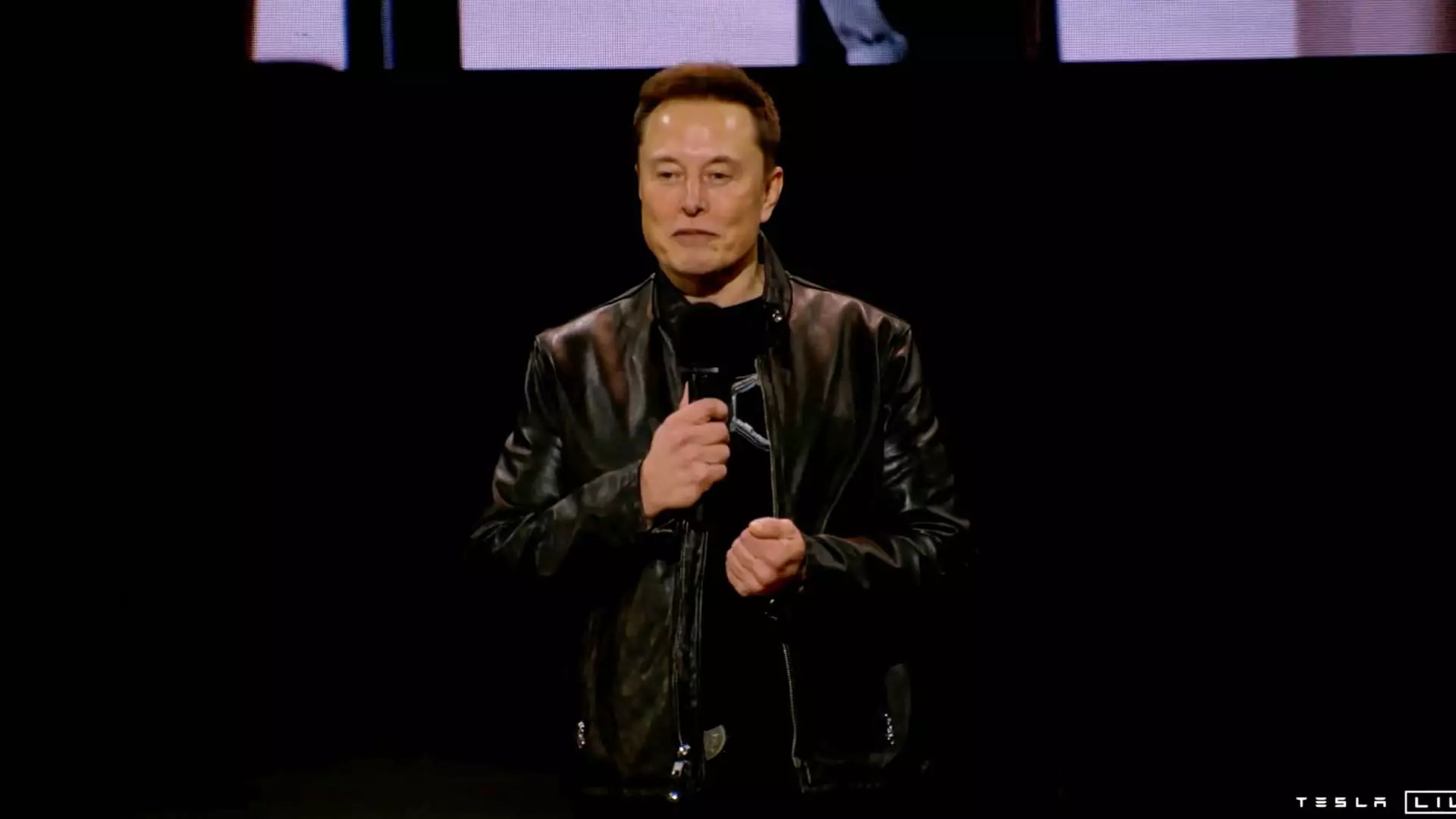The auto industry is in a constant state of evolution, especially with the advent of advanced driver-assistance systems and the promise of fully autonomous vehicles. However, as companies like Tesla push the boundaries of what is considered “self-driving,” the fine line between marketing and safety becomes increasingly blurred. Recent statements from the National Highway Traffic Safety Administration (NHTSA) have raised serious concerns regarding Tesla’s social media communications, which they argue have misrepresented the capabilities of their Full Self-Driving (FSD) technology. This raises significant questions about the ethical implications of corporate messaging in an industry where consumer safety is paramount.
Tesla’s use of social media as a platform to promote its FSD capabilities has come under fire. According to Gregory Magno, head of the NHTSA, the automaker has endorsed posts exhibiting negligent driving behavior among users of its FSD system. For instance, one disturbing example involved a driver purportedly using the FSD feature while facing a serious medical emergency. Such portrayals could lead the public to believe that the technology is more advanced than it is, potentially resulting in dire consequences for drivers who may underestimate the need for constant vigilance behind the wheel.
This disconnect between the perceived and actual capabilities of the FSD system suggests that Tesla may benefit from a more responsible approach in how they market their technology. By presenting a clearer picture that emphasizes the necessity of human oversight, Tesla can mitigate the risks associated with misinterpretation of its products.
Regulatory Scrutiny and Accountability
The NHTSA’s warning to Tesla is not simply a matter of regulatory compliance; it reflects deeper concerns about consumer safety in a rapidly advancing technological landscape. The agency has given Tesla until December 18 to address these issues, hinting at the possibility of substantial penalties amounting to nearly $136 million if they fail to comply. This scrutiny serves as a reminder that companies in the automotive sector carry a heavy responsibility to ensure their messaging aligns with operational realities.
Amid investigations into safety defects associated with the FSD option, Tesla’s failure to provide adequate clarification could have far-reaching implications. Notably, several crashes linked to the FSD feature raise alarms regarding how these automated systems are being perceived and used by the public.
Elon Musk’s broader push for regulatory reform and the establishment of safety standards within the autonomous vehicle realm highlights the need for balanced progress. As Tesla navigates this challenging landscape, the focus should not solely be on technological advancement but also on fostering an informed consumer base. Clarity in communication regarding the limitations of FSD technology is critical to preventing misunderstandings that could lead to tragic incidents.
As Tesla continues to innovate, it must heed the warnings from regulatory bodies like the NHTSA. Consumer safety hinges not just on the technology itself but on how it is represented to the public. The automotive industry stands at a crossroads where responsible communication can prevent potential tragedies and ensure that the road to autonomy is safe for everyone.


Leave a Reply